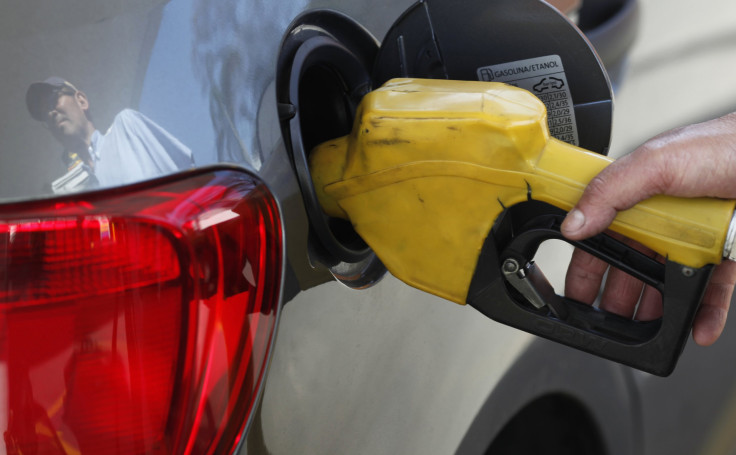US Consumer Price Index (CPI) Up 0.1% In August, Gasoline Prices Fell

U.S. consumer prices rose 0.1 percent in August mainly due to higher costs for houses and medical care, the Labor Department said Tuesday. Economists polled by Reuters had called for a 0.2 percent rise.
Gasoline prices dropped 0.3 percent last month, marking its first decline since April. This pushed the annual rate down from 2.0 percent in July to a three-month low of 1.5 percent. Food prices rose 0.1 percent, the same increase as July.
The underlying inflation was fairly muted. Stripping out volatile food and energy costs, the so-called core CPI increased 0.1 percent, in line with estimates.
“We don’t think the fall in U.S. CPI inflation in August will prompt the Fed to postpone tapering until later in the year as the danger of very low core inflation has passed,” said Paul Dales, senior U.S. economist at Capital Economics, in a note to clients.
While motor vehicle inflation could fall further as the weaker yen continues to reduce the cost of importing components from Japan, the rebound in cotton prices has reduced the scope for further declines in clothing inflation and falling vacancy rates could further boost rents inflation, Dales noted. The rise in medical care inflation, to 2.3 percent from the recent 40-year low of 1.9 percent, suggests that its downward trend may be over.
More generally, the annual rate of core inflation rose to 1.8 percent, from 1.7 percent in July. And with gross domestic product growth accelerating, disinflationary pressures should continue to ease, Dales said.
© Copyright IBTimes 2024. All rights reserved.





















